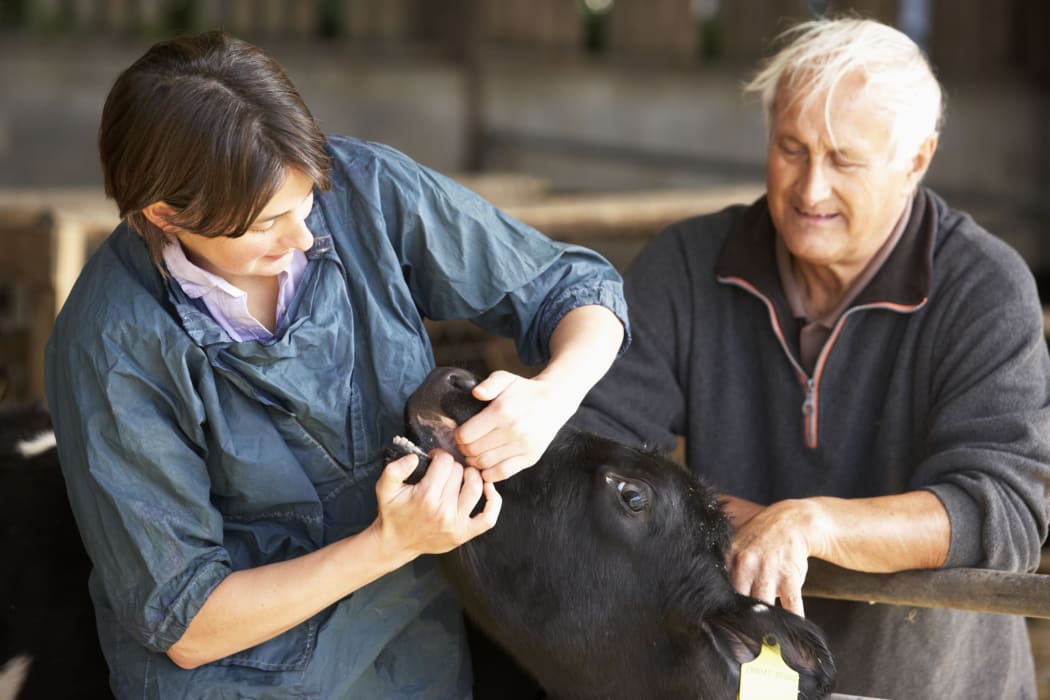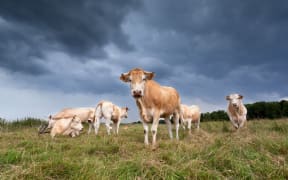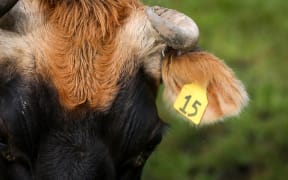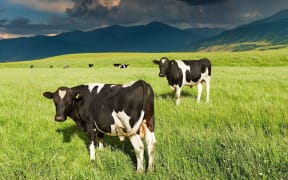Revenue Minister Michael Woodhouse is considering repealing tax exemptions for veterinary clubs.

Veterinary clubs were given tax-free status to entice vets to rural areas. Photo: 123RF
Vet clubs were given tax-free status more than 60 years ago to entice vets to work in rural areas to help farmers.
A tax expert, Michael Gousmett, said the idea - which followed the end of World War II - was for farmers to set up the clubs, and take responsibility for helping bring vets to their areas.
But he said the clubs were now operating just like their for-profit counterparts, and were taking advantage of an income tax exemption that was now out of date.
"Regardless of the stress that the sector's facing at the moment, there is still an unfair commercial advantage in being able to retain funds while the chap down the road is running a practice and having to pay tax.
"Let's just level the playing field so we're all singing off the same hymn sheet so to speak."
The Veterinary Association represents all vets, including clubs. Its president, Caroline Robertson, said she was worried about the impact any changes could have on vulnerable rural farming communities.
She said the timing was off, as farming was taking a blow because of low dairy prices.
"Look, I totally acknowledge it's not a level playing field. I just feel that we've got a lot of other things that are really important to deal with in the rural communities at the moment.
"Disrupting a structure that at the moment is working and hopefully providing support for rural communities - the timing is important."
Mr Woodhouse said his officials had told him the tax-free status enjoyed by vet clubs seemed to have outlived its original purpose and the case for repeal should be considered.






